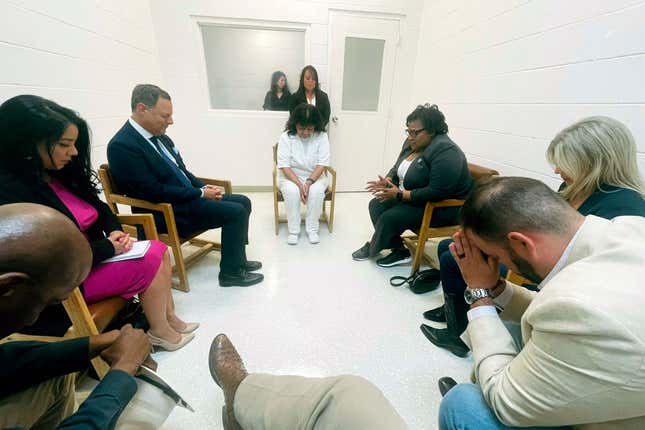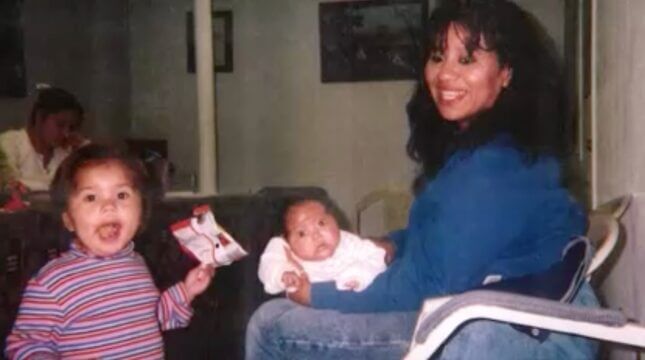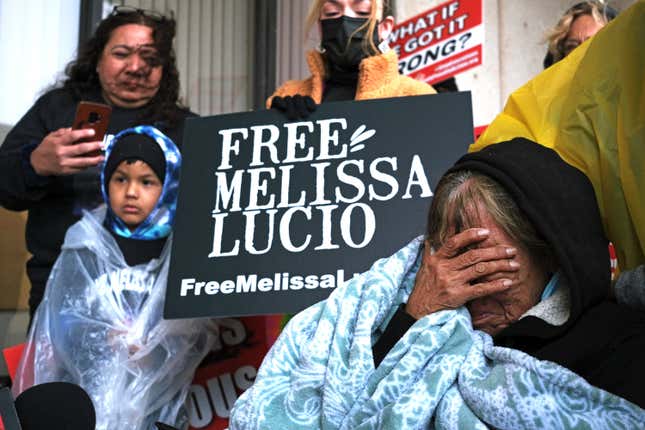Texas DA May Intervene to Stop Melissa Lucio’s Execution, Scheduled for April 27
Lucio has been on death row for 15 years, accused of killing her daughter. Many believe she is innocent.
JusticePolitics

During a tense hearing in the Texas state House on Tuesday, the Cameron County district attorney overseeing Melissa Lucio’s case indicated that he may be willing to intervene to stop Lucio’s execution, currently scheduled for April 27. Lucio has been on death row for 15 years now, after a jury sentenced her to death in 2007, finding her guilty of killing her 2-year-old daughter.
Lucio’s lawyers and many criminal justice reform and domestic violence advocates have long argued that her daughter’s death was a tragic accident caused by a fall down several flights of stairs. They’ve also argued that Lucio’s “confession” was false and coerced, a result of both aggressive interrogation from law enforcement and her lifelong history of trauma and domestic abuse.
Amid a bipartisan effort to pressure Cameron County DA Luis Saenz and Texas Gov. Greg Abbott to postpone or stop Lucio’s execution, state Reps. Jeff Leach, a Republican, and Joe Moody, a Democrat, convened a House hearing this week to discuss Lucio’s case. At the hearing, after hours of testimony and intense back-and-forth between lawmakers and Saenz—as well as audible crying from Lucio’s children, who were in attendance—Saenz ultimately indicated that if the Texas Court of Criminal Appeals does not intervene before April 27, he’ll withdraw Lucio’s death warrant.
“My understanding of his remarks to the committee were that if we don’t get a stay or clemency issued … then he will step in and withdraw his request for an execution date,” Leach said after the hearing. “That was unequivocal to the committee, and we got it on tape.”
-

-

-

-

-

-

-

-

-

-

-

-

-

-

-

-

-

-

-

-

-

-

-

-

-

-

-

-

-

-

-

-

-

-

-

-

-

-

-

-










































